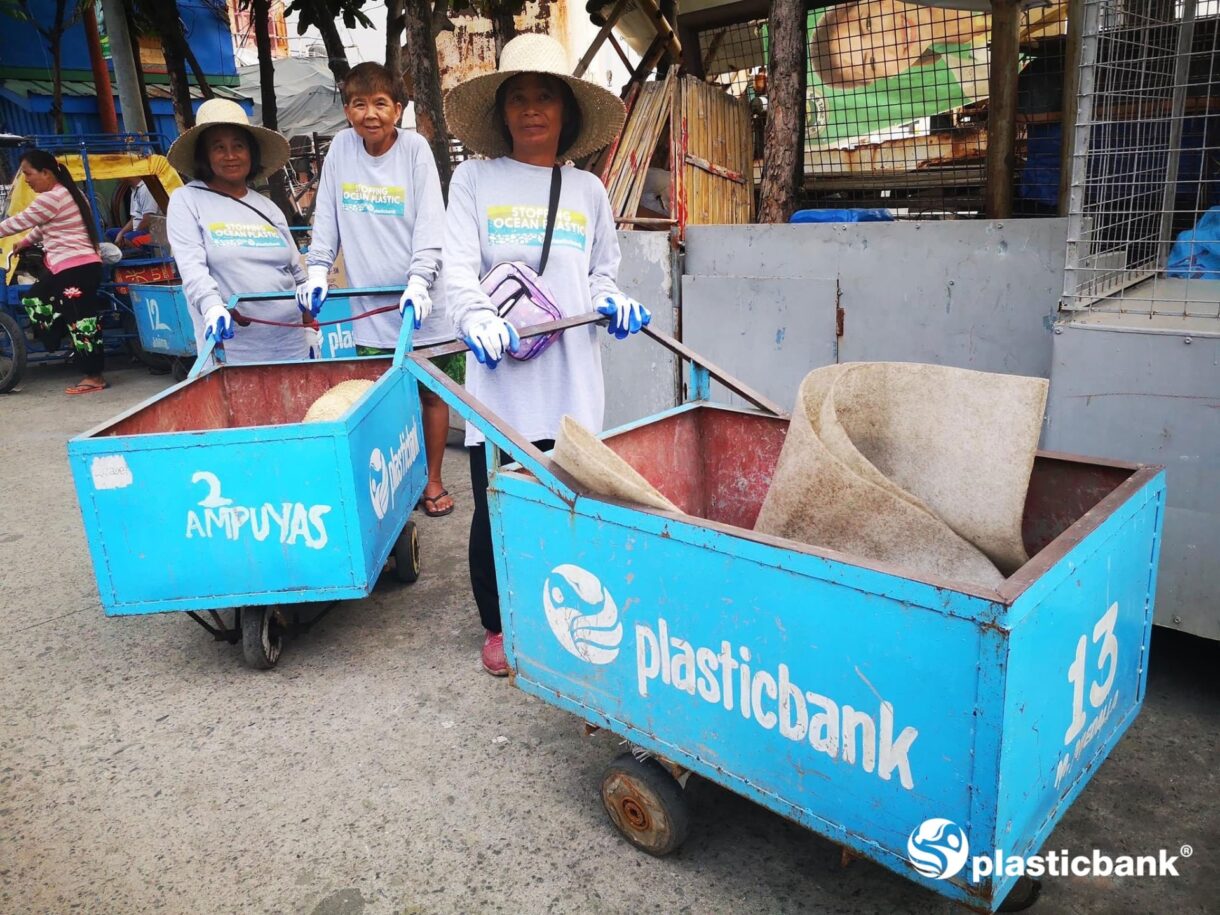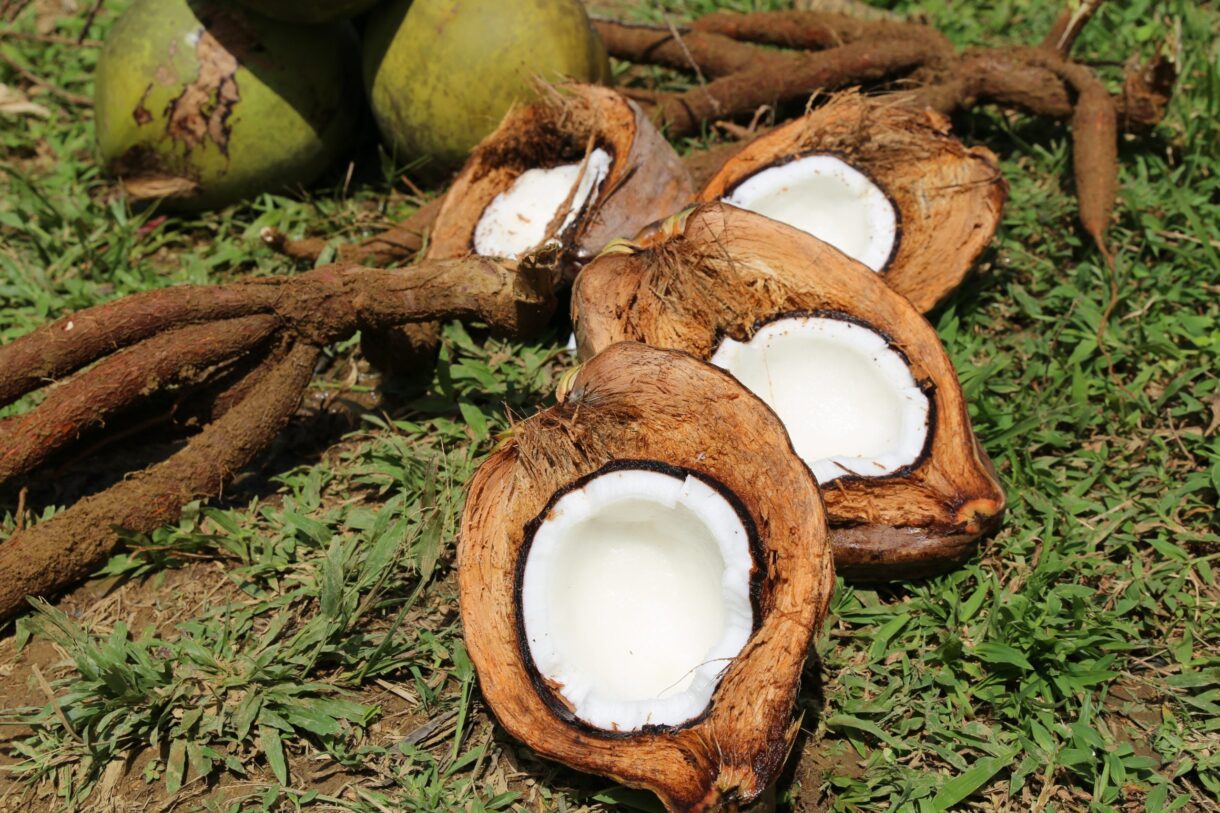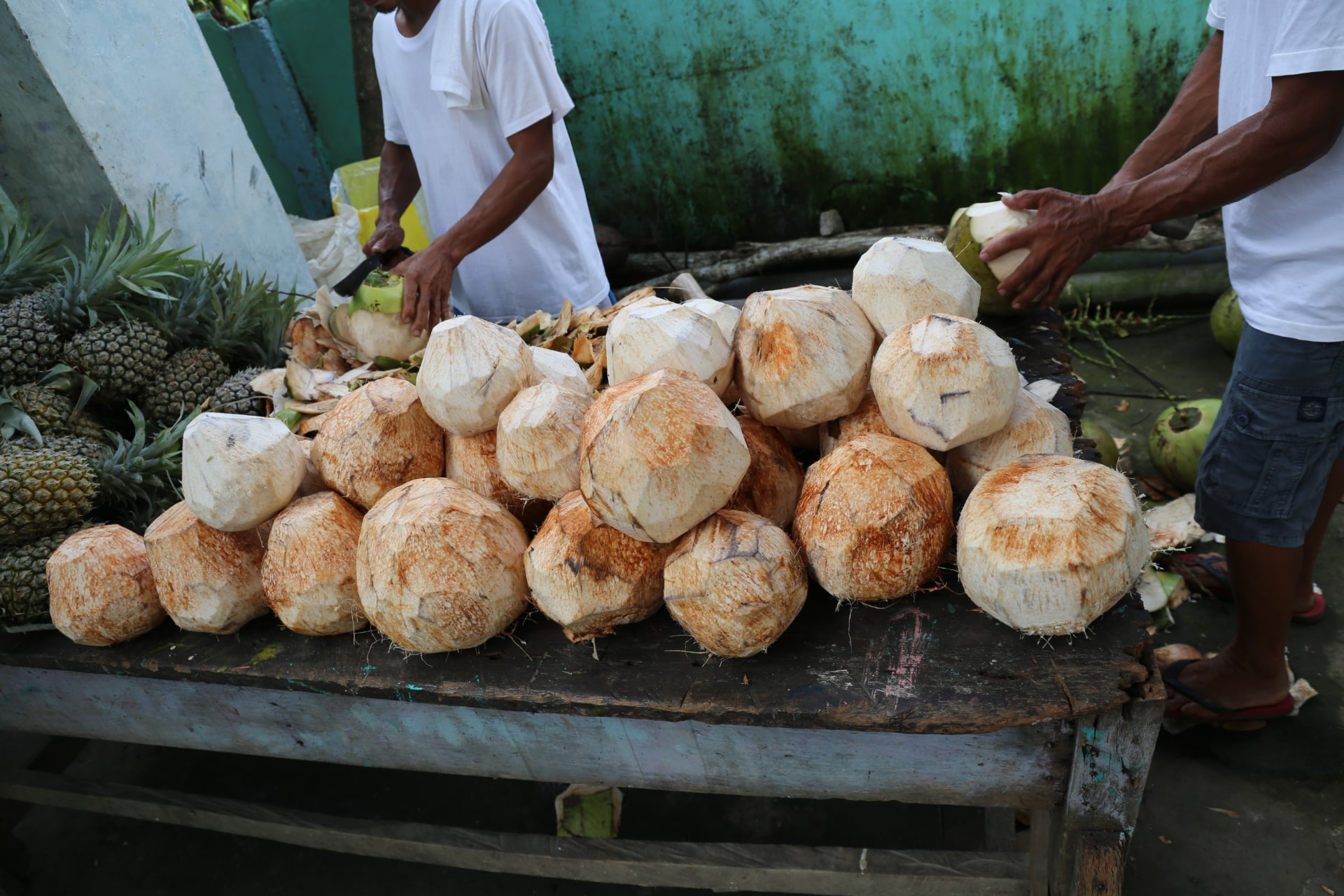
Malibu demo farms: A blueprint for a sustainable future
A trio of demo farms is helping our coconut farmers in the Philippines set the standard for a sustainable farming future – for them and their families.
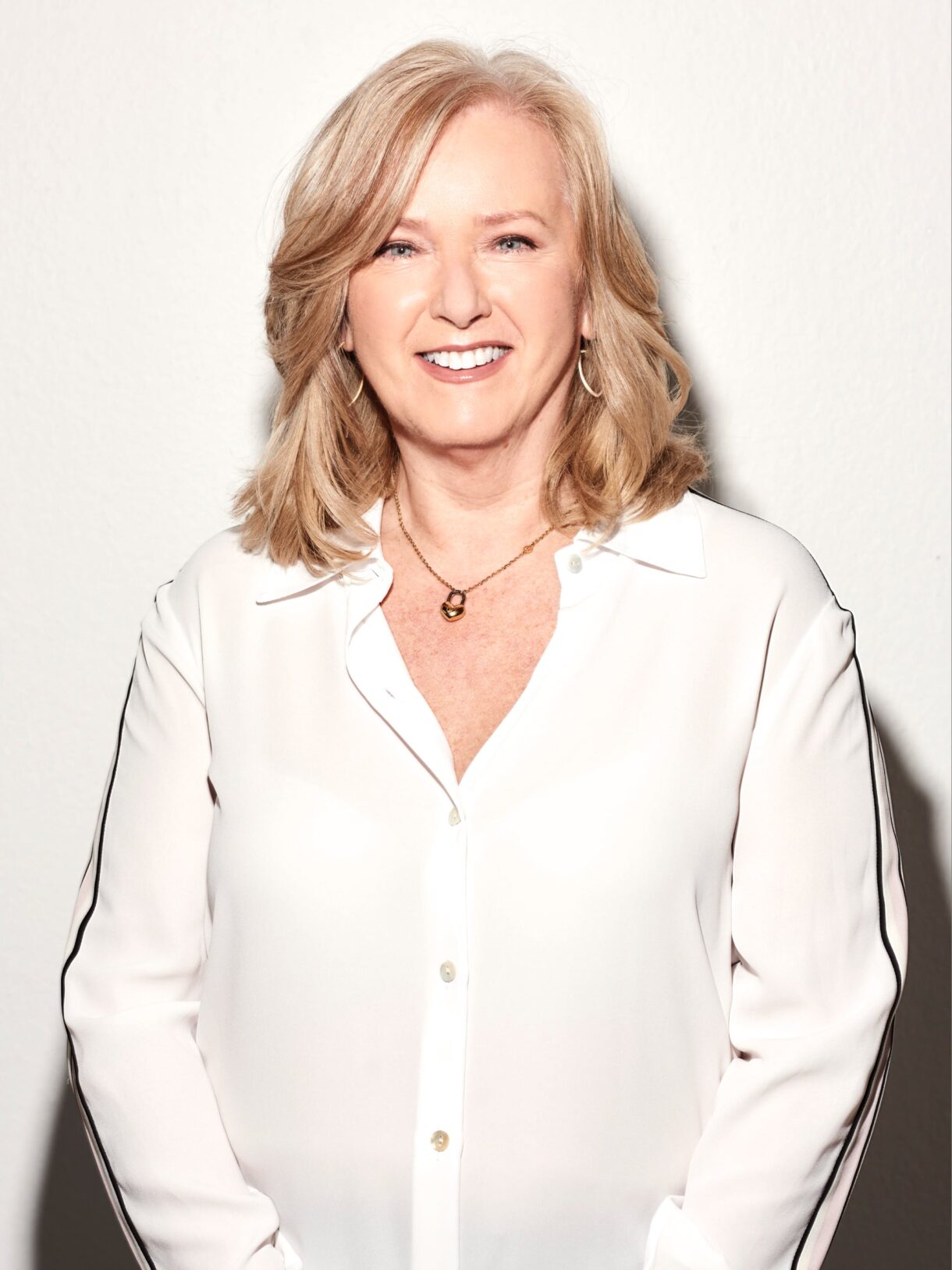
As the iconic flavour for Malibu, we are committed to protecting coconut plantations and the communities that supply us. Our Coconut Commitment, a four-year project that started in March 2020, is a promise to protect nature and the livelihoods of the small farming communities that depend on it.
The coconuts Malibu uses in its flavour are sourced from the Philippines where coconut farming is a vital source of income for farmers and their families. However, falling coconut prices and limited use of modern techniques have led to inefficiency, resulting in a decline in yields and income.
The project, which is focused on the provinces of Quezon and Camarines Norte, aims to increase their income by transforming cultivation and livelihoods by supporting safe working practices, collaborating with expert local partners to provide training and technical education, and developing innovative new ways to encourage long-term sustainability.
It has not been without its challenges, but we are making solid progress. The launch coincided with the outbreak of the Covid pandemic – the Philippines implemented some of the strictest and longest lockdowns, and last year our plantations were hit by a super typhoon, which wiped out a season’s crop.
Lynne Millar, director of purchasing at Malibu and Kahlúa, says: “Climatic change is impacting the region of our project. It has been experiencing typhoons of strength that they’ve never seen before. We are working very hard to play catch up and we are making progress.”
One of our areas of focus is looking at ways for farmers to diversify their income streams as it can take up to eight years to grow a coconut tree ready to harvest. Our Coconut Commitment aims to reduce local dependency on coconut sales, and we have now built three so-called ’demo farms’ that provide working examples of how good agricultural practices can be carried out and set the standard for coconut commitment farms.
Climatic change is impacting the region of our project. It has been experiencing typhoons of strength that they’ve never seen before. We are working very hard to play catch up and we are making progress.
Lynne Millar, Director of Purchasing, Malibu and Kahlúa
It’s here at the demo farms where farmers participate in activities and practical training to help them optimise the use of land and therefore more income. We’re also exploring alternative ‘cash crops’ such as aubergines, broad beans and chillies that harvest more quickly and can help farmers diversify their income stream by selling to other markets.
“The main purpose of demo farms is to demonstrate how farmers can plant and grow other crops by intercropping on their farms – with practical training,” says Lynne. “Not all farms are suitable to grow additional crops because they may be on a steep slope, or they may not have the right soil conditions. But the demo farms are a training tool and farmers can liaise with local farmer associations to decide how to maintain and manage their particular farms.”
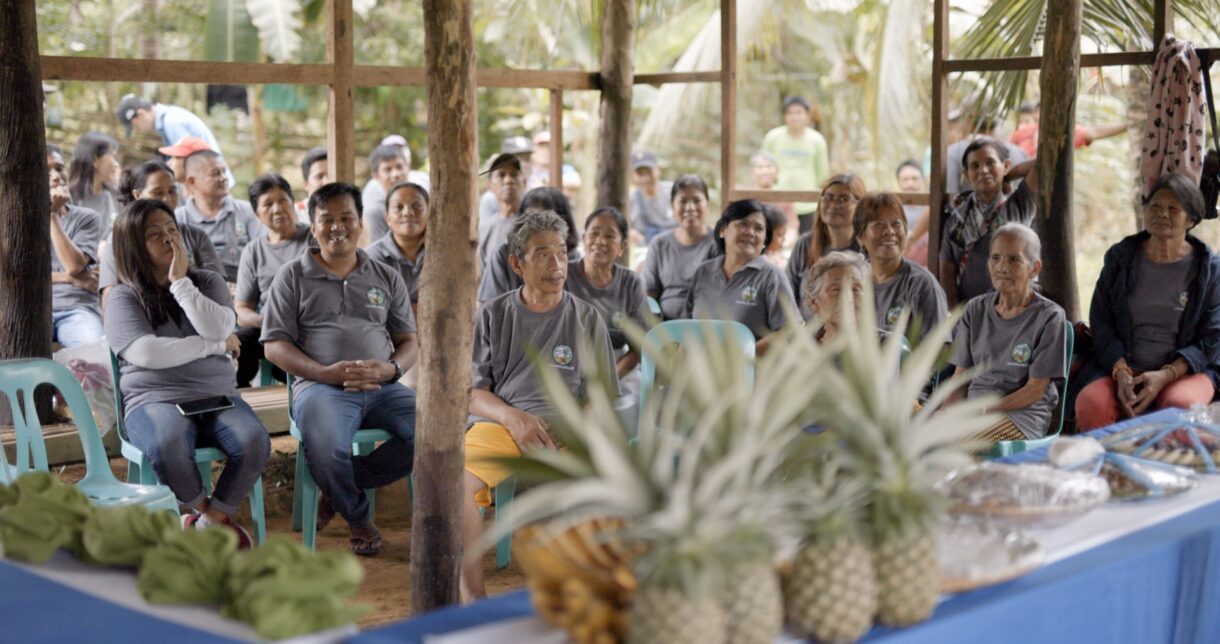
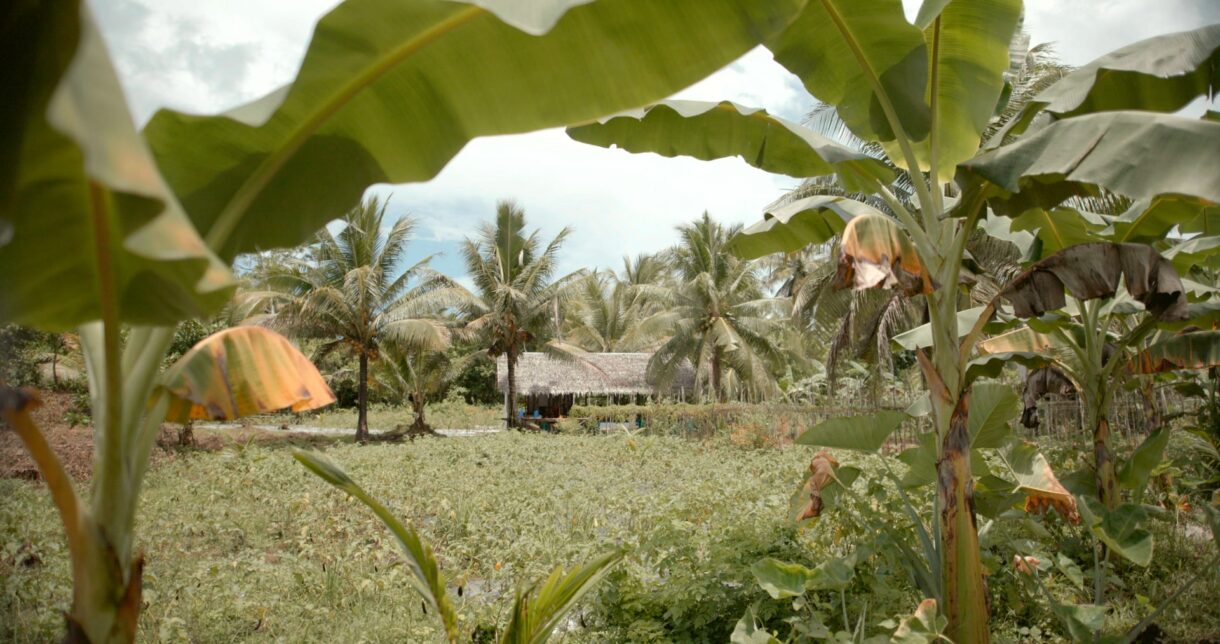
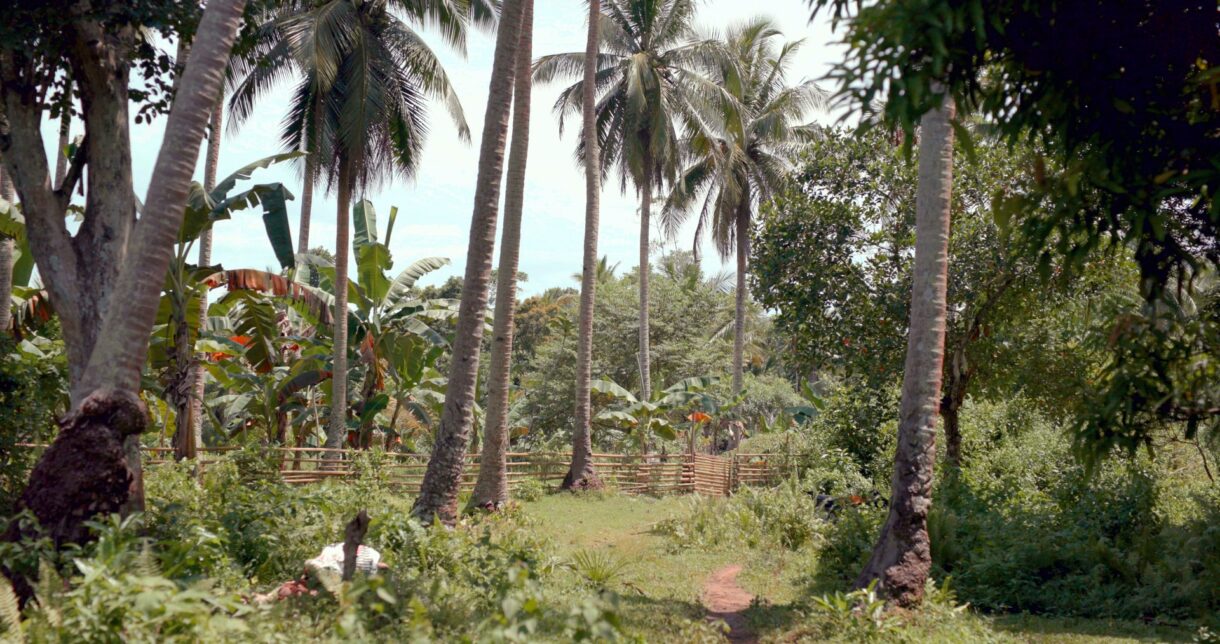
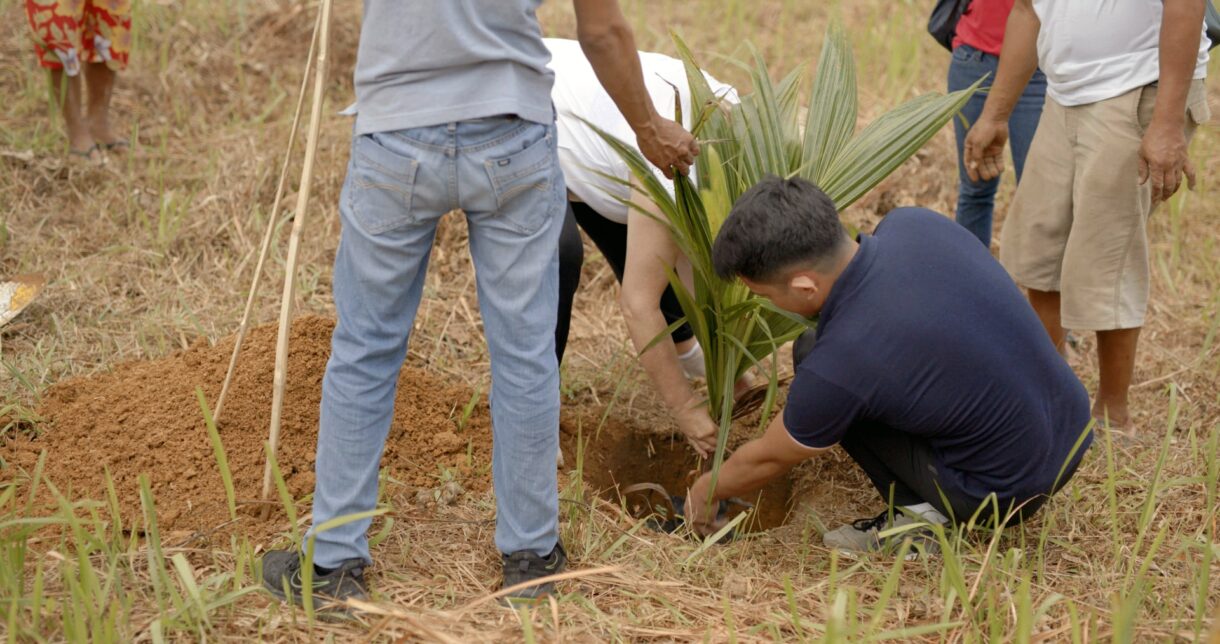
Over the past year, we have also been trialling hybrid trees. Coconut trees can grow up to 80 feet, but hybrid trees are shorter 30 feet); they bear fruit at four years rather than seven to eight years for taller trees and produce 250 coconuts, more than three times their taller counterparts. Hybrid trees are also more climate resilient.
The demo farms are a training tool and farmers can liaise with local farmer associations to decide how to maintain and manage their particular farms
Lynne Millar, Director of Purchasing, Malibu and Kahlúa
We are also helping the farmers get access to the coconut levy fund, which is the long-awaited financial support for farmers being made available through the Philippine Coconut Authority. “Many of our farmers don’t have high levels of literacy and so local technicians are helping them with the administration and form filling that comes with applying for financial support,” adds Lynne.
The Coconut Commitment project is pencilled in to end in September 2024, but our work is far from done. We are now exploring our options to build on the progress made and to extend to new areas such as the health and safety of farmers in the field.

Our coconut commitment
In early 2020, we set ourselves a target that by 2024, Malibu will be positively impacting the livelihood of 500 coconut farmers by increasing their income by an average of 15 per cent and increasing annual farm yield by an average of 20 per cent. We also hope to see at least 75 per cent of farmers using the Farm Sustainability Assessment tool, developed by the Sustainable Agriculture Initiative Platform.
Our commitment is a collaboration. We have partnered up with experts GIZ, a German sustainability development agency, Franklin Baker, a coconut processor in the Philippines, and Symrise, a supplier of the signature flavour for Malibu. Together, with the farming community our initiatives aim to improve the livelihoods of farmers sustainably.
Our aims include:
- implement sustainable farming methods
- increase yields and replace old trees
- introduce new crops to boost income
- improve access to water and sanitation
- provide training and technical support

